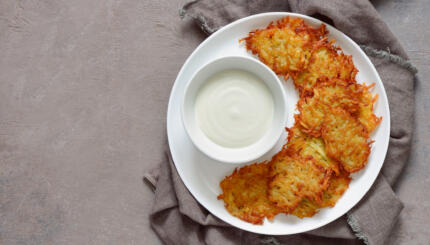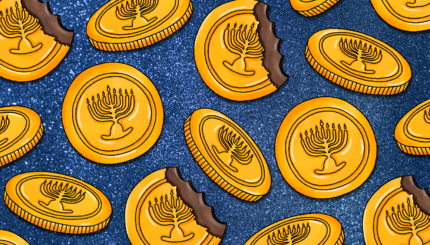That’s my question every time I visit the Roswell Community Masjid (RCM).
Since as a young child I was taught the “traditional” liturgy, I have strong motor memory regarding exactly how to bend at the knees and waist when reciting certain prayers in the synagogue. I also learned never to kneel in church, but my playbook didn’t include what to do in a mosque when the entire congregation prostrated. I know some of my Jewish friends join in the prostration and recite their own personal prayers, while others remain standing and recite the Amidah. Based on my own sense of propriety, I choose instead to recite psalms silently while maintaining a respectful posture of prayer.
Before my first time attending prayers at RCM, I consulted my friends about what to do so that I wouldn’t distract fellow worshippers. “Stand next to the wall by the bookcase,” one recommended. “Sit in the very back and remain seated,” said another. I’ve tried both approaches and, by arriving early to get a seat near the side or back wall, successfully negotiated the moment when everyone lines up and readies for the prostration.
Except for this time, when I visited RCM shortly after the terrorist attack at the Al Noor Mosque and Linwood Islamic Centre in Christchurch, New Zealand.
I arrived nearly an hour early for Jumuah (Friday afternoon communal prayers). I wanted to visit briefly with the Imam and other friends before the service, because I know I’ll be rushing home after the prayers to finish preparing for Shabbat. I sit toward the back of the women’s section, close to the southern wall. Just as the Imam begins his remarks, a woman rushes in and sits beside me; she greets me with a whispered Asalam aleikum and a smile.
We rise for communal prayer, and I take a step backward toward the corner where I’ll stand to recite Psalm 23 in memory of the victims of the attack. But the woman to my right gently touches my arm and says, “Come closer, sister,” and I find myself being drawn into the middle of the row, standing shoulder to shoulder between two women I’ve never met, unable to avoid dropping to my knees beside them when they kneel.
As they press their foreheads to the floor, I hold my shoulders straight and take a cleansing breath. Then I begin Psalm 23, keeping my body still and allowing only my lips to move. Each time we rise and then kneel again, I interrupt my recitation to breathe and feel the sensation in my knees, calves, and toes. I’m surprised to notice I am crying, not because I feel bereft for the grieving families of the victims of terror. I’m touched by the gesture of inclusion from a total stranger and deeply moved to be in the midst of the community as we pray.
I finish the psalm just as the women around me complete their last prostration.
I’m still not sure whether to bow when I pray in a mosque nor can I predict what will happen the next time I’m at RCM for Jumuah. All I know is, in the words of the psalmist, “surely goodness and kindness will follow me,” and “I am not afraid, because You are with me.”



